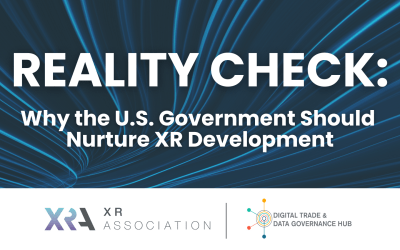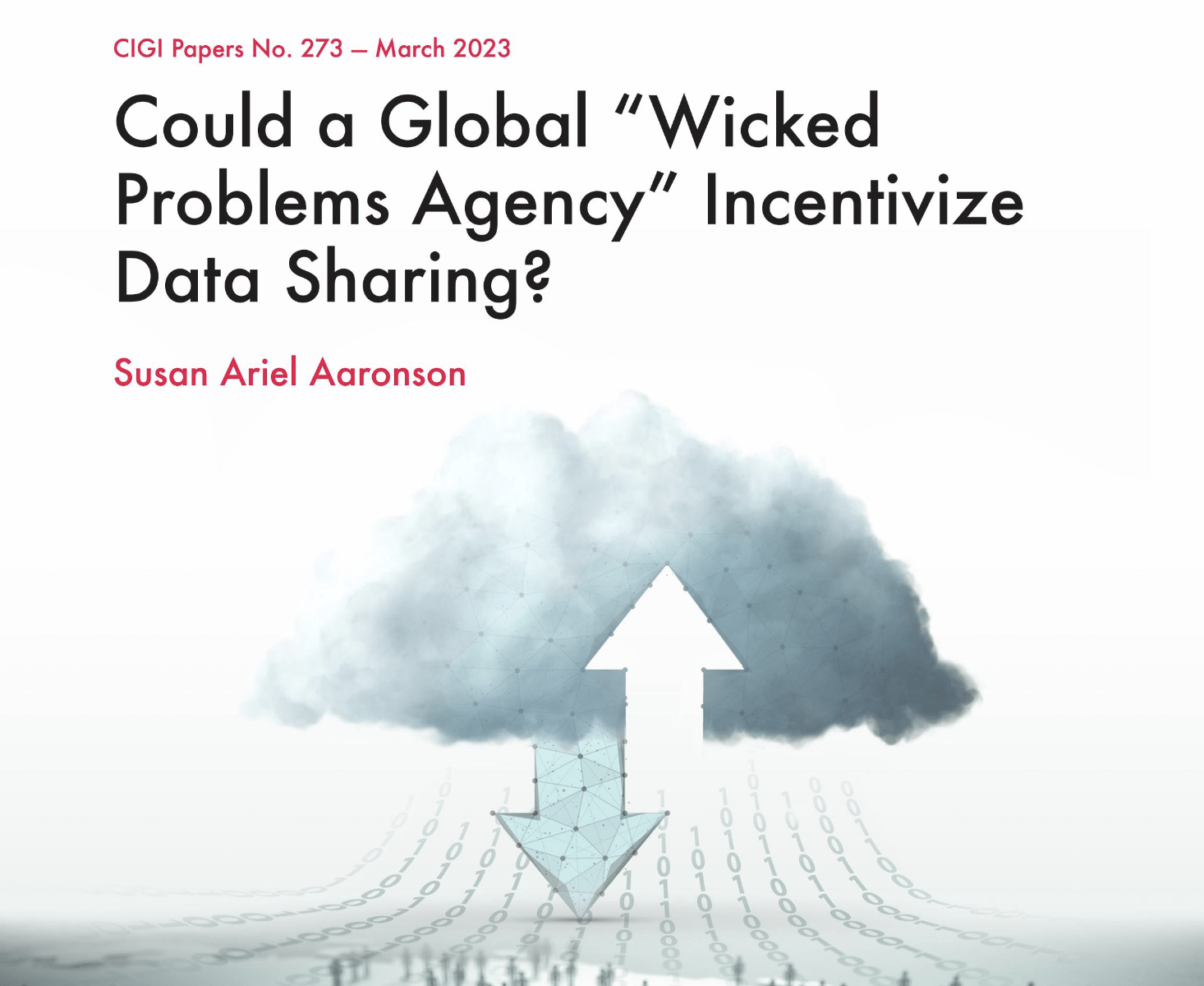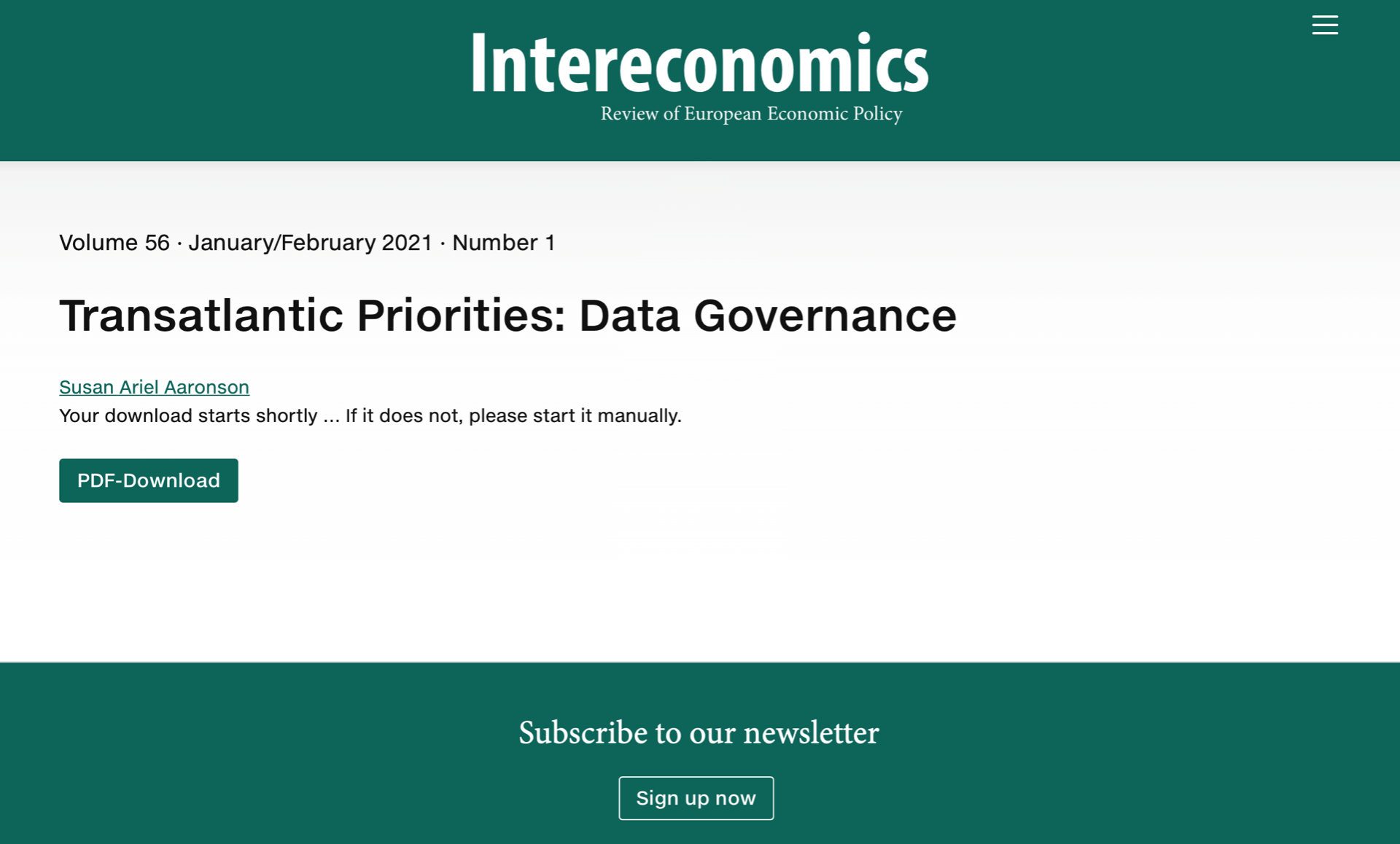We live in an era of data dichotomy. On one hand, AI developers rely on large data sets to “train” their systems about the world and respond to user questions. These data troves have become increasingly valuable and visible. On the other hand, despite the import of data, U.S. policy makers don’t view data governance as a vehicle to regulate AI.
Read More Publications
Facing Reality: Canada Needs to Think about Extended Reality and AI
Although Canada is a leader in becoming the first nation to develop an artificial intelligence (AI) strategy, it is falling behind other countries in extended reality (XR) competitiveness. In this paper, the authors look at why Canada is lagging in this area and what...
The U.S.-led digital trade world order is under attack–by the U.S.
This year, America’s digital trade negotiator made a startling announcement at the World Trade Organization (WTO). The negotiator spoke at the behest of U.S. Trade Representative Ambassador Kathrine Tai. At the time, Congress and various U.S. regulatory agencies were...
XR ASSOCIATION PUBLISHES NEW WHITE PAPER WITH DIGITAL TRADE AND GOVERNANCE HUB AT GWU EXPLORING US COMPETITIVENESS IN IMMERSIVE TECHNOLOGY
Washington, D.C. – On November 8, 2023, the XR Association (XRA), the trade association representing the growing ecosystem of virtual, augmented, and mixed reality companies, announced the release of a white paper co-authored by the Digital Trade and Data Governance...










